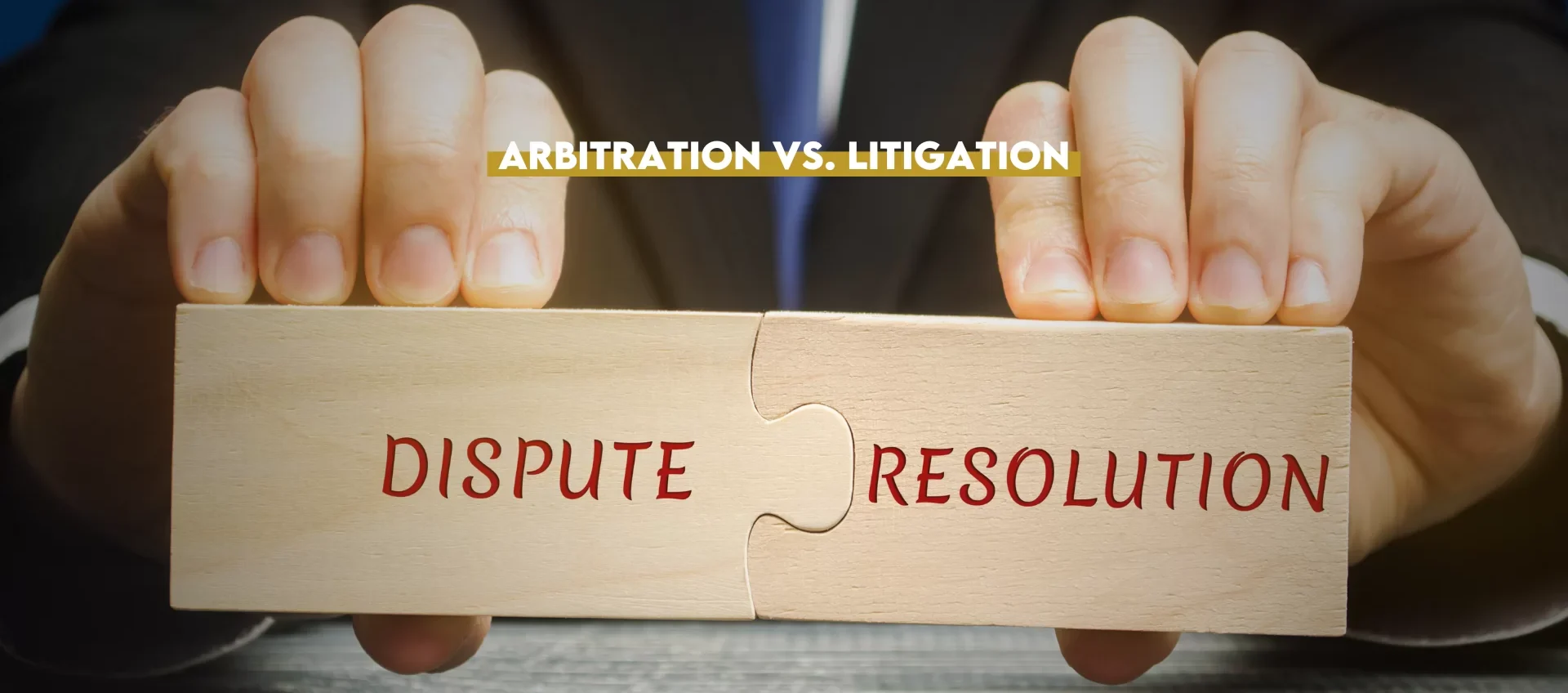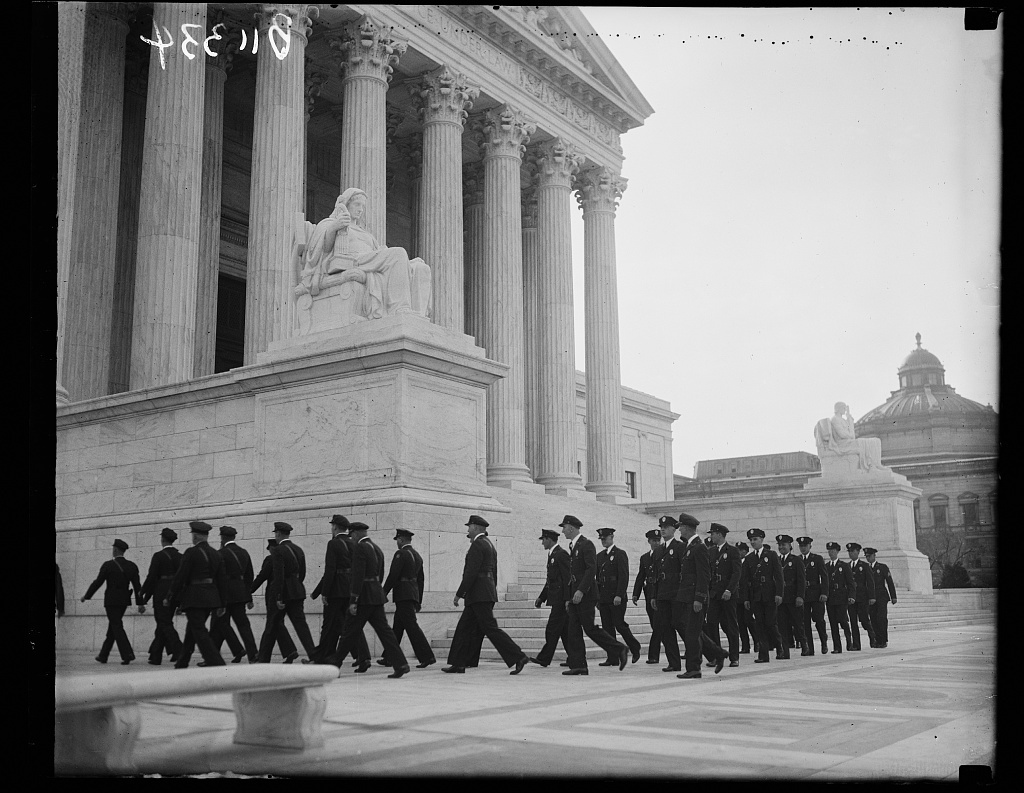In today’s complex legal landscape, individuals and organizations often seek various mechanisms to resolve disputes. Each method presents its own approach, processes, and implications, catering to different needs and circumstances. Choice of resolution can greatly affect outcomes, costs, and timelines, making the selection process critical for parties involved.
Alternative approaches to traditional court proceedings offer unique advantages, typically focusing on efficiency and confidentiality. These paths can be less formal and may emphasize collaboration and mutual agreement, which can foster less adversarial environments. In contrast, conventional court processes often embody a more structured system, with established rules and regulations governing each step.
The nuances of these resolution strategies can lead to profound impacts on final decisions and satisfaction of parties. Understanding the pathways available empowers individuals and entities to make informed choices about how best to address conflicts, aligning with their specific needs and preferences.
Defining Arbitration and Litigation
In the realm of dispute resolution, various methodologies exist to address conflicts and legal issues. Each approach carries unique characteristics and procedures, forming distinct pathways to achieving resolution. Exploring two prominent methods reveals their foundational elements and procedural variances that shape how disagreements are settled.
Exploration of Arbitration
Arbitration involves a private process where parties submit their disputes to one or more arbitrators, who render a binding decision after reviewing the evidence and arguments presented. It is often preferred for its confidentiality, efficiency, and the ability to choose an expert in a specific field as the decision-maker.
Overview of Litigation
Litigation refers to the formal process of resolving disputes through the judicial system. This method involves filing a lawsuit in court, where a judge or jury examines evidence and delivers a verdict. Characteristics include public proceedings, procedural formalities, and the possibility of appeals, often leading to longer timeframes for resolution.
Key Characteristics of Each Process
When resolving disputes, there are various methodologies employed, each with its own distinct attributes. Recognizing these fundamental traits is essential for making informed choices regarding which avenue to pursue for conflict resolution.
- Confidentiality: Many alternative dispute resolution methods prioritize privacy, unlike public court proceedings, which are generally open to the public.
- Formality: Court procedures are typically more formal, adhering to strict rules of evidence and procedure, while other options may offer more relaxed environments.
- Timeframe: Non-court processes often provide swifter resolutions compared to traditional court cases, which can be prolonged.
- Control: Participants usually have more say in selecting individuals involved in the resolution process, including arbitrators or mediators, as opposed to randomly assigned judges in courts.
- Appeal Options: Decisions made in court can typically be appealed, whereas outcomes from certain alternative solutions may be final and binding, limiting further recourse.
By examining these distinctive features, individuals and organizations can better assess which method aligns with their specific needs and objectives when facing disputes.
Comparative Speed of Resolution
When it comes to resolving disputes, time efficiency plays a crucial role in decision-making for involved parties. The manner in which conflicts are addressed can significantly impact overall satisfaction and costs. Variability in resolution timelines is pivotal for claimants seeking prompt outcomes versus those willing to endure a lengthy process.
Factors Affecting Timeliness
- Nature of the dispute
- Availability of evidence
- Complexity of legal issues
- Number of parties involved
Typical Timeframes
Generally, one method tends to yield faster results compared to its counterpart. While exact durations can fluctuate, these are some typical timeframes observed:
- Expedited processes can conclude within months.
- Traditional litigation often stretches over a year or longer.
The choice of path taken greatly determines how quickly resolutions manifest, highlighting the importance of strategic planning when engaging in dispute resolution methods.
Cost Implications for Both Options
Financial considerations play a crucial role when selecting a method for dispute resolution. Various factors contribute to the overall expenses associated with each approach, often affecting parties’ decisions on which path to pursue.
- Appellate Fees: In formal court proceedings, additional costs can arise from possible appeals, extending the duration and monetary commitment required.
- Legal Representation: Attorneys’ fees can vary significantly, depending on their expertise, as well as the complexity and duration of disputes.
- Administrative Costs: Expenses related to filing fees, clerk services, and potentially even jury costs impact overall financial burdens.
On the other hand, alternative processes might present different financial dynamics:
- Initial Costs: Generally, upfront expenses for informal resolution mechanisms tend to be lower than those for formal court cases.
- Speed: Faster resolutions can lead to reduced costs, as lengthy processes often result in more resources being invested over time.
- Finality: Binding outcomes can eliminate further expenses associated with protracted appeals, though initial investment might still be significant.
Ultimately, determining which option presents better financial viability requires careful analysis of all relevant factors, including time frame, complexity, and expected outcomes.
Enforceability of Decisions Made
In the realm of conflict resolution, the ability to uphold and implement resolutions holds paramount importance. Various mechanisms provide frameworks for ensuring that outcomes are not only reached but also binding and executable in practice.
Two primary methods exist for achieving enforceability, each with unique characteristics.
- Judicial enforcement: Decisions rendered in a courtroom possess a strong backing due to the power held by judicial systems. Courts have the authority to compel adherence to their rulings, providing a clear path for execution through procedures designed to enforce compliance.
- Contractual enforcement: Resolutions from alternative dispute frameworks often rely on agreements made between parties. These resolutions may depend on the willingness of involved individuals to comply or may utilize specific legal provisions that enable enforcement in certain jurisdictions.
The influence of jurisdiction also plays a critical role in how outcomes are executed.
- In some regions, court decisions are recognized universally, allowing for cross-border enforceability.
- Conversely, enforceability of alternative resolutions might vary significantly from one jurisdiction to another, necessitating additional steps to ensure effectiveness.
Ultimately, the approach chosen for dispute resolution impacts not only the process but also the efficacy of enforcing the outcomes achieved.
Choosing the Right Method for Disputes
Selecting an appropriate approach for conflict resolution is crucial for any individual or organization facing a disagreement. Each method offers distinct characteristics, advantages, and disadvantages that can significantly impact the outcome, timeline, and costs involved in resolving the matter.
Factors to consider when deciding on a resolution strategy include:
- Nature of the Dispute: Certain types of conflicts may be better suited to specific processes based on their complexity or subject matter.
- Time Constraints: The urgency of a resolution may dictate which avenue to pursue, as some options can yield faster results than others.
- Cost Considerations: Financial implications play a vital role, as some methods can lead to higher expenses than their counterparts.
- Desired Outcomes: The ultimate goal of the parties involved should guide their choice, whether they seek a binding resolution or a more flexible arrangement.
- Confidentiality Needs: Privacy may be paramount in some situations, influencing the selection of a method that allows for discretion.
Ultimately, analyzing these aspects can aid parties in making an informed decision that aligns with their specific requirements and objectives. Seeking professional advice can further enhance the decision-making process, ensuring that the chosen method effectively addresses the issue at hand.
Q&A: Arbitration vs litigation the differences
What are the main differences between arbitration and litigation?
Arbitration and litigation are both methods of resolving disputes, but they differ significantly in their processes and outcomes. Arbitration is generally a more informal, private process where parties agree to submit their dispute to one or more arbitrators who make a binding decision. The proceedings are typically shorter, and the rules can be more flexible. In contrast, litigation takes place in a public court with judges, follows strict procedural rules, and can be much lengthier and more formal. Additionally, decisions in litigation can be appealed, while arbitration outcomes are usually final and binding.
Why might someone choose arbitration over litigation?
Individuals or businesses may choose arbitration for several reasons. Firstly, arbitration is often faster than litigation due to reduced court backlog and the streamlined process. Secondly, it allows for confidentiality, as arbitration proceedings are private and not part of the public record, which can be essential for businesses wishing to protect sensitive information. Moreover, the selection of arbitrators can provide specialized expertise in the subject matter, enhancing the likelihood of a fair outcome. Lastly, parties may prefer arbitration because it typically involves lower legal costs and fees compared to lengthy litigation.
Can arbitration decisions be appealed?
No, arbitration decisions are typically final and binding, with very limited grounds for appeal. This is one of the significant distinctions between arbitration and litigation; in litigation, decisions can be appealed to higher courts if one party believes there has been an error in the application of the law or procedural issues. The lack of a robust appeals process in arbitration is designed to provide finality and efficiency, but it also means that parties must enter into arbitration fully prepared to accept the arbitrator’s decision.
What types of disputes are best suited for arbitration?
Arbitration is often best suited for commercial disputes, such as contract disagreements, international trade issues, and employment relations. It is particularly beneficial for parties seeking a quicker resolution and confidentiality, such as in cases involving trade secrets or high-stakes transactions. Additionally, disputes in industries that require specialized knowledge—like construction, maritime, or securities—can be more effectively addressed through arbitration, where parties can select arbitrators with relevant expertise. However, not all disputes are appropriate for arbitration, especially those involving significant legal principles or public interest.
How does the cost of arbitration compare to litigation?
While the costs associated with arbitration can vary widely depending on the complexity of the case and the arbitration forum chosen, it is generally perceived as less expensive than litigation. Litigation costs can escalate quickly due to court fees, extensive discovery, and the lengthy appeal process. Arbitration often involves lower attorney fees and faster resolutions, reducing overall legal expenses. However, it’s essential to note that arbitration can still be costly, particularly if the disputes are complex and require substantial review or a panel of arbitrators. Nevertheless, many parties choose arbitration with the expectation of achieving a more cost-effective resolution.
What are the main differences between arbitration and litigation?
Arbitration and litigation are both methods of resolving disputes, but they differ significantly in their processes, costs, and outcomes. In litigation, cases are brought before a court, and a judge (or jury) makes a binding decision based on legal principles. This process is often public and can be lengthy and expensive. On the other hand, arbitration is a private process where a neutral third party, the arbitrator, hears both sides and makes a decision. Arbitration tends to be more informal, quicker, and can be less costly than litigation. Additionally, arbitration awards are typically final and binding, with limited options for appeal, while litigation outcomes can be appealed in higher courts.
Is arbitration always a better option than litigation?
Not necessarily. While arbitration has its advantages, such as speed and privacy, it may not always be the best choice for every situation. Factors to consider include the complexity of the case, the amount of money at stake, and the desired level of formality. For instance, if a case involves complex legal issues or substantial damages, litigation may provide a more thorough examination of the facts and law, as courts typically have more extensive procedural frameworks. Moreover, some parties may prefer litigation’s appeals process in case they disagree with the outcome, since arbitration decisions are often final. Ultimately, the decision between arbitration and litigation depends on the specific circumstances and preferences of the parties involved.
What is the difference between the arbitration process and the litigation process?
The arbitration process is a private, alternative dispute resolution method where a neutral third party, called an arbitrator, makes a legally binding decision. The litigation process, on the other hand, involves resolving a legal dispute through the public court system. Unlike litigation, arbitration is typically faster, less formal, and confidential. Litigation involves court hearings and public records, whereas arbitration is more private and often more efficient.
What are the advantages of using arbitration over litigation to resolve a legal dispute?
Arbitration offers several advantages over litigation, including faster resolution, lower costs, and privacy. Arbitration is usually less formal than litigation, allowing for flexible procedures. Additionally, arbitration decisions are legally binding, and the arbitration hearing is generally confidential, which can protect sensitive information. These benefits make arbitration a popular alternative to court litigation, especially in business disputes.
What is an arbitration clause, and why is it important in legal agreements?
An arbitration clause is a provision in a contract that requires the parties to resolve disputes through arbitration rather than through the court system. This clause is important because it can help avoid the lengthy and costly litigation process. By including an arbitration clause in an agreement, the parties agree to submit any legal dispute to arbitration, which is often faster and more efficient than going to court.
How does mandatory arbitration differ from voluntary arbitration?
Mandatory arbitration requires the parties to resolve their dispute through arbitration, usually due to an arbitration clause in the contract. This type of arbitration is legally binding, and the parties do not have the option to go to court. Voluntary arbitration, on the other hand, occurs when both parties agree to use arbitration to resolve their dispute after the conflict arises. While both forms result in a binding decision, mandatory arbitration is predetermined by contract, whereas voluntary arbitration is chosen at the time of the dispute.
What is the role of mediation in the arbitration and litigation processes?
Mediation is an alternative dispute resolution method that involves a neutral third party, called a mediator, who helps the parties negotiate and reach a mutually acceptable solution. Unlike arbitration, mediation is not legally binding unless both parties agree to the terms. Mediation is often used before arbitration or litigation to try to resolve the dispute without the need for a formal legal process. If mediation fails, the parties may proceed to arbitration or litigation to resolve the issue.





